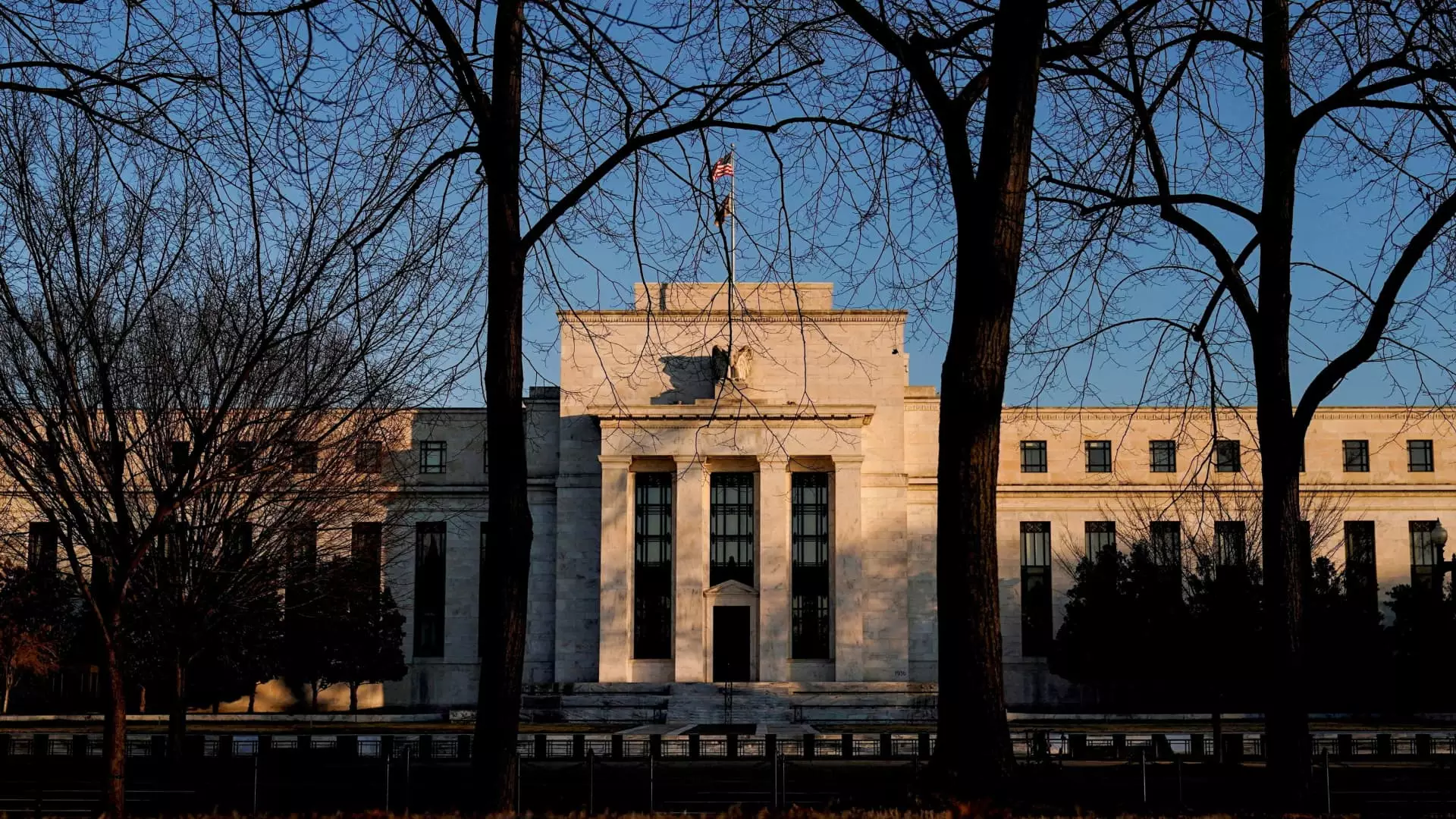The recent arrest of John Harold Rogers, a former senior advisor with the Federal Reserve, has sent shockwaves through financial and governmental circles in the United States. Accused of conspiring to steal sensitive trade secrets for the benefit of China, Rogers’ case underscores the intricate web of espionage and financial manipulation, raising questions about the safeguards in place to protect the nation’s economic data. The implications of this incident extend beyond one individual; they highlight vulnerabilities in the system that could be exploited by foreign adversaries seeking economic advantage.
Rogers, 63, who previously served in the international finance division of the Federal Reserve Board of Governors from 2010 to 2021, stands accused of taking advantage of his position by allegedly disseminating privileged information. According to the U.S. Attorney’s Office, the data he provided could allow foreign entities, particularly China, to emulate practices akin to insider trading. This includes knowledge of the federal funds rate and other economic policies that can drastically influence market behavior. Such intelligence offers a significantly unfair playbook for navigating U.S. financial markets, especially considering China’s extensive holdings of approximately $816 billion in U.S. government debt.
The core of the charges revolves around Rogers’ interactions with two alleged co-conspirators connected to China’s intelligence services. Their alleged strategy involved cultivating a façade of academics while facilitating illicit exchanges of sensitive information. The lengths to which these individuals went were not only covert but also extravagant, including financing luxuries such as vacations and meals for Rogers during his visits to China—events presented as professional engagements but bearing the hallmarks of espionage.
The indictment details how Rogers exploited his access to confidential Federal Reserve data. By soliciting trade secrets related to critical economic indicators and Federal Open Market Committee (FOMC) deliberations, he purportedly engaged in activities that could warp market expectations and strategies. Rogers is accused of using personal email accounts to pass sensitive information, violating established protocols designed to protect this data. The allegations are made even more troubling by the assertion that Rogers consciously misled investigators about his actions, which points to a pattern of deceit that may have extended beyond this specific case.
The alleged meetings with co-conspirators in hotel rooms and other private venues, disguised as academic lectures, present a disturbing image of a trusted economic advisor colluding with foreign agents. The implications of this breach are far-reaching, as these exchanges could have equipped China with unpublicized insights into U.S. monetary policy and financial strategies—information highly sought after in the realm of global finance.
David Sundberg, the Assistant Director in Charge of the FBI’s Washington office, noted in a statement that the Chinese Communist Party is ramping up its economic espionage efforts, focusing on undermining U.S. economic policies. This incident not only serves as a wake-up call for U.S. intelligence and law enforcement but also mirrors a broader trend concerning national security and economic stability. The pursuit of sensitive economic information has become a key strategy for nations seeking to bolster their global standing, often at the expense of U.S. interests.
With Rogers facing a potential maximum sentence of 15 years if convicted, the legal ramifications of this case are serious. However, the repercussions extend far wider than the fate of one individual. The incident raises significant concerns about the Federal Reserve’s defenses against insider threats and the need for more stringent measures to protect economic data. As economic espionage becomes more sophisticated, vigilance and robust countermeasures must evolve in tandem.
Rogers’ arrest stands as a stark reminder of the vulnerabilities that exist within government institutions tasked with safeguarding critical information. As one of the architects of policy influencing both domestic and global economies, the breach of trust by a senior official could have repercussions that resonate for years. It serves to question whether existing protocols are sufficient to deter potential breaches and whether the integrity of economic intelligence can truly be maintained in an era where information is both currency and weapon. The financial world is watching closely, not just for the legal outcomes for Rogers, but for the wider implications this situation holds for the security of U.S. economic frameworks in the face of foreign threats.


Leave a Reply